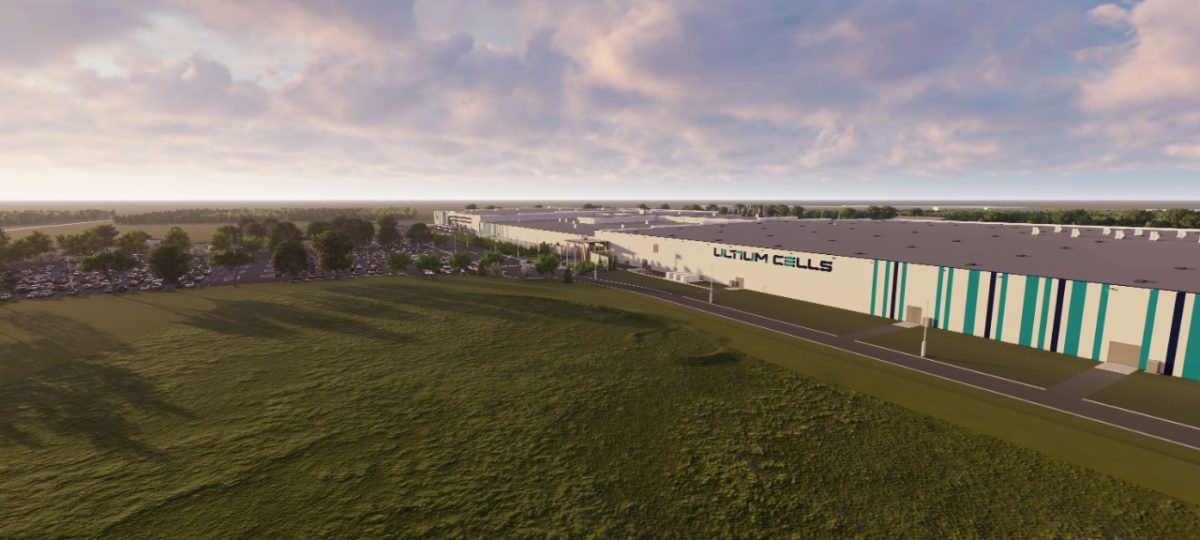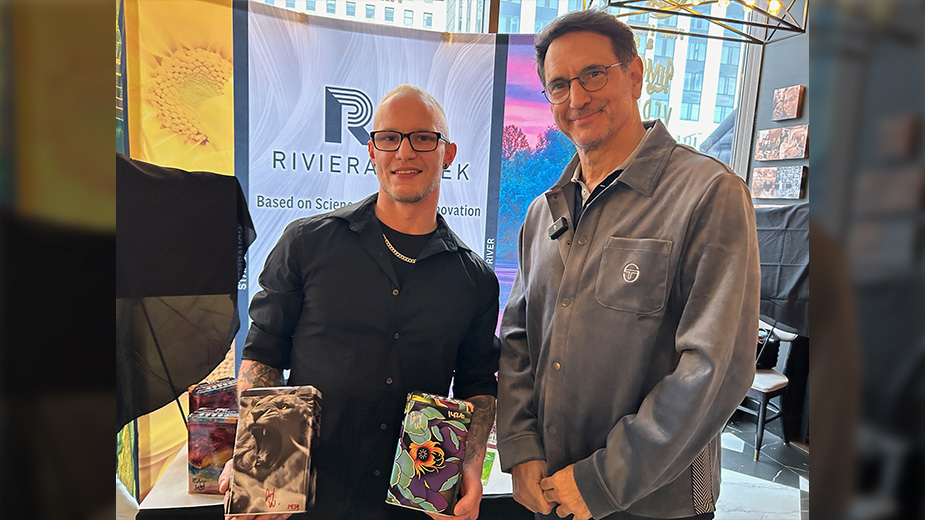ITC Ruling Could Open Doors for Ultium Plant
LORDSTOWN, Ohio – It’s still unclear how a ruling from the International Trade Commission against an LG Chem competitor could impact the Ultium Cells battery manufacturing plant here in the long run, analysts say.
Still, winning a case against a market rival is better than losing.
“We don’t know how this will pan out in terms of Lordstown,” said Paul Sracic, professor of political science at Youngstown State University. “But you’d rather win than lose.”
Last week, the ITC ruled in favor of LG Chem, which alleged its Korean rival SK Innovation Co. Ltd. misappropriated intellectual property related to LG Chem’s EV battery technology.
Ultium Cells is a joint venture between LG Chem and General Motors that is building a $2.3 billion EV battery plant along Tod Avenue in Lordstown, near the former GM assembly plant.
The ITC said it would issue an order banning imports of some lithium ion batteries manufactured by SK Innovation for 10 years.
However, the order would allow SK to import components used for North American production for the Ford EV F-150 over the next four years and Volkswagen’s MEB North American electric vehicle program for two years.
SK Innovation would also be able to replace or repair batteries in Kia vehicles sold in the United States, according to the ruling.
Yet Sracic says that the ruling could throw a wrench into future EV plans for Ford and VW. Although the ruling doesn’t disrupt the relationship between the automakers and SK Innovation in the short term, it could cause them to procure batteries from other sources in the future should the order stand.
Also, other automakers looking to enter the electric vehicle market are likely to shy away from SK Innovation and move to another battery supplier, he said.
“They could source batteries in the U.S., but it’s still not clear how it would impact Ultium,” Sracic said.
Moreover, President Joe Biden has 60 days to review the ruling and could possibly reverse it, Sracic said.
“Biden does have the opportunity to cancel the remedy,” he said, noting the administration has placed climate change and zero emissions as a top priority.
SK Innovation also has the right to appeal the decision in federal court, says Dan Ujczo, an international trade attorney with Thompson Hine in Columbus.
“This decision tees up a set of next steps,” he said. “I think there’ll be significant pressure to reach a private settlement.”
Ujczo noted that both companies have made comments indicating that they are willing to talk. Should the parties reach an agreement, the ITC case would be dropped, he added.
It’s unlikely that the Biden administration would want to wade in on the matter, Ujczo said, and the ruling places SK Innovation in a difficult position.
“The most challenging thing is the inability to import battery cells,” he said, since none of these cells are manufactured in the United States. “If they’re not able to do that, then they will not be able to expand.”
SK Innovation said the decision could seriously compromise the completion of a new factory under construction in Commerce, Ga., that would serve the Ford and VW business.
“We have serious concerns about the commercial and operational implications of this decision for the future of our EV-battery facility in Commerce, Ga., which is expected to employ 2,600 people when soon completed,” the company said in a statement. “We look forward to having detailed discussions with Biden administration officials charged with reviewing the ITC’s ruling and carrying out the president’s policies related to electric vehicles and the environment.”
LG Energy Solutions, the battery division that spun off from LG Chem in December, said in a statement that SK Innovation’s actions left it no other option but to file a trade complaint before the ITC.
“SKI’s total disregard of our warnings and intellectual property rights gave us no choice but to file this case and we are grateful to the International Trade Commission for protecting our innovations and significant economic investments in the United States,” Jong Hyun Kim, LG Energy Solutions’ CEO, said in a statement. “As a global leader and technology innovator, we will further strengthen the protection of intellectual property rights going forward.”
Pictured: A rendering of the Ultium Cells battery plant in Lordstown.
Copyright 2024 The Business Journal, Youngstown, Ohio.



